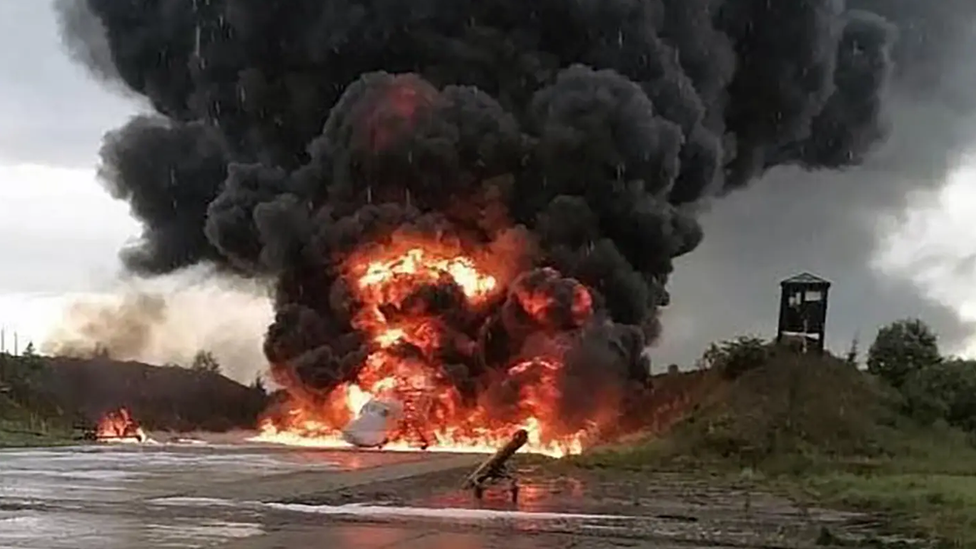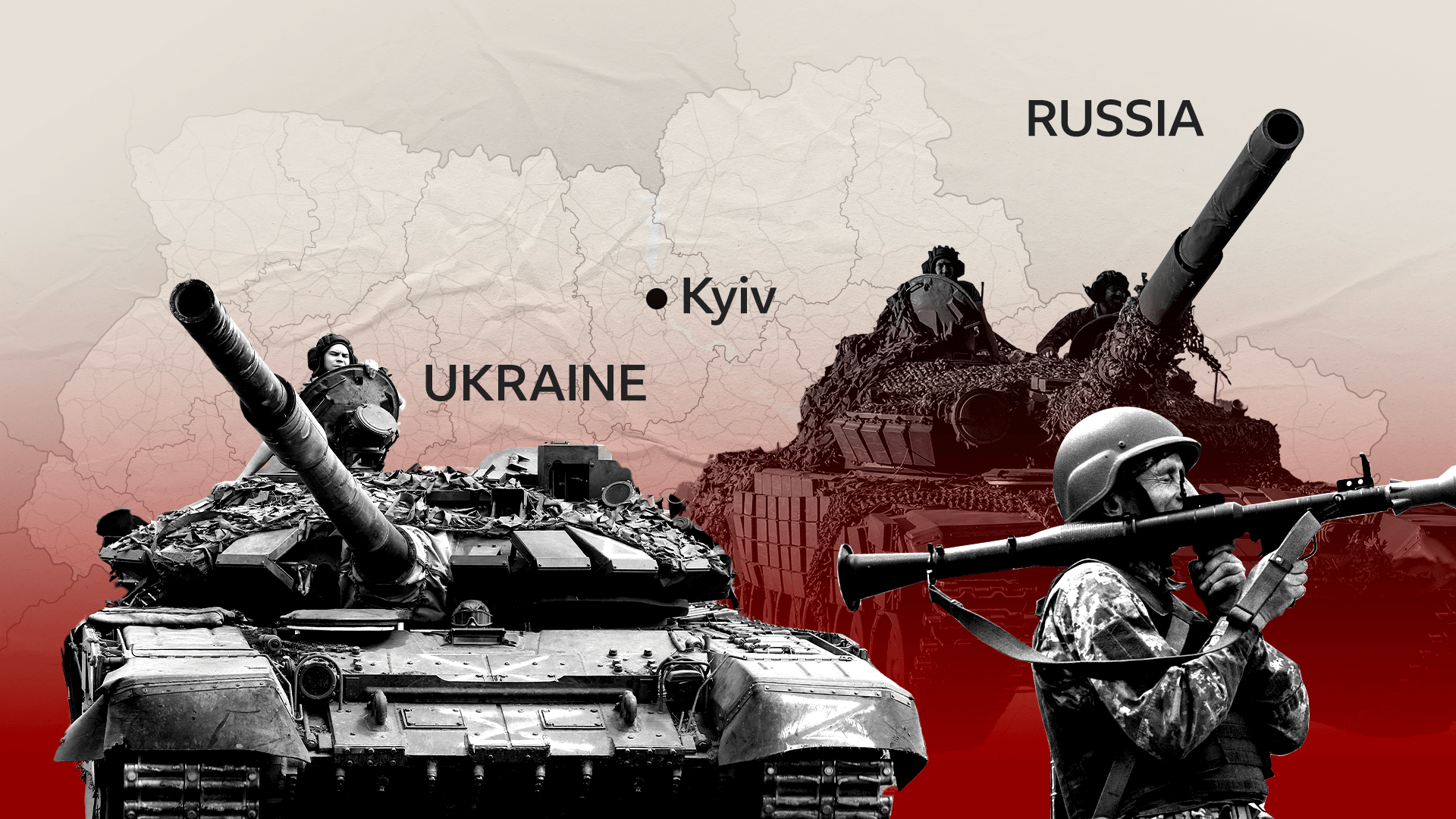Ukraine war: US sees 'notable progress' by Ukraine army in south
- Published
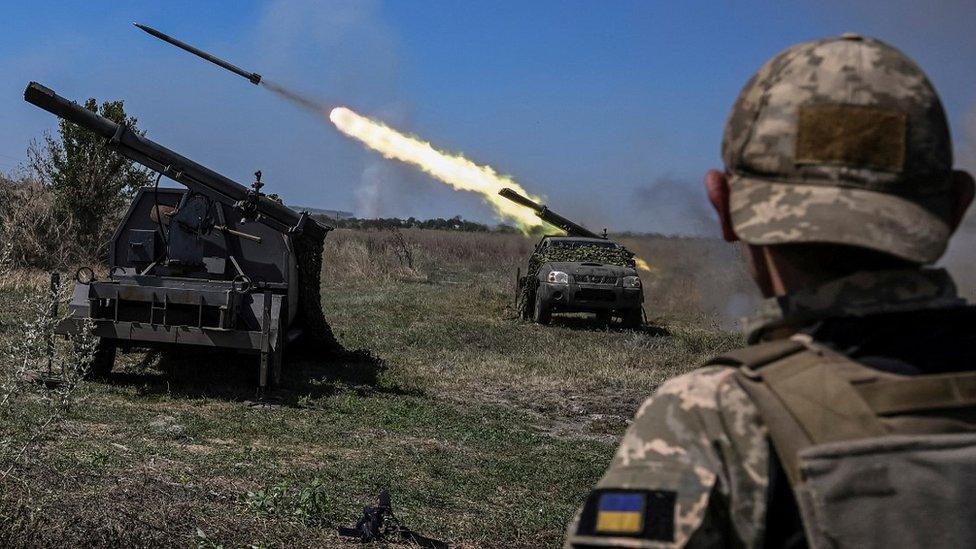
Ukrainian troops in the south (pictured) face formidable Russian defences
Ukraine's forces have made "notable progress" in their push against heavily fortified Russian positions in the south, the US government says.
White House security spokesman John Kirby said those gains were made in the past 72 hours south of Zaporizhzhia.
Ukraine's Foreign Minister Dmytro Kuleba told CNN that Kyiv's forces were advancing, but "it's a tough fight".
Russia claims to have taken strategic heights near the city of Kupiansk in north-eastern Ukraine.
None of the claims have been independently verified.
Mr Kirby said Kyiv itself had admitted that the push in the south - aimed at splitting the Russian land corridor to Crimea - was going slower than had been hoped.
"They have achieved some success against that second line of Russian defences," he said.
Earlier in the week, Ukraine's military said it had captured the village of Robotyne in the Zaporizhzhia region.
In the north-east, Russia has massed forces to recapture territory that Ukraine liberated east of Kharkiv.
In the south, Russia is believed to have built up an elaborate system of trenches and tunnels, defended by minefields, as well as artillery positions and so-called "dragon's teeth" anti-tank concrete barriers.
Kyiv launched its counter-offensive after securing more advanced weapons from its allies in the West and preparing assault battalions.
But progress has been slow and Kyiv continues to urge Nato countries to deliver tanks, de-mining equipment and warplanes - notably US-made F-16 fighter jets.
On Thursday, Mr Kuleba voiced irritation with those who criticised the pace of Ukraine's counter-offensive.
"I would recommend all critics to shut up, come to Ukraine and try to liberate one square centimetre by themselves," he said at a meeting of EU foreign ministers in Spain.
Russian President Vladimir Putin launched a full-scale invasion of Ukraine in February 2022. Russian forces had seized the Crimea peninsula and much of Ukraine's Donbas region in 2014.
In recent weeks, Ukraine has launched its own attacks on mainland Russia. Russian officials said three Ukrainian drones targeting the bridge linking Crimea to the Russian mainland had been destroyed in the early hours of Saturday morning.
President Putin told pupils on Friday, at the start of the school year, that Russia's triumph in World War Two proved that their nation was invincible.
"I understood why we won the Great Patriotic War," he said in a lecture designed to strengthen patriotism in schools. "It is impossible to defeat this kind of nation with this kind of attitude. We were absolutely invincible. And we are the same now."
The Kremlin's so-called "important conversations" were introduced in schools after the Russian full-scale invasion began.
Russia's military also announced on Friday that it had put a new strategic nuclear missile system, called Sarmat, "on combat duty".
The long-range missiles have multiple warheads. Their deployment has not been independently confirmed.


Sign up for our morning newsletter and get BBC News in your inbox.

Related topics
- Published1 September 2023
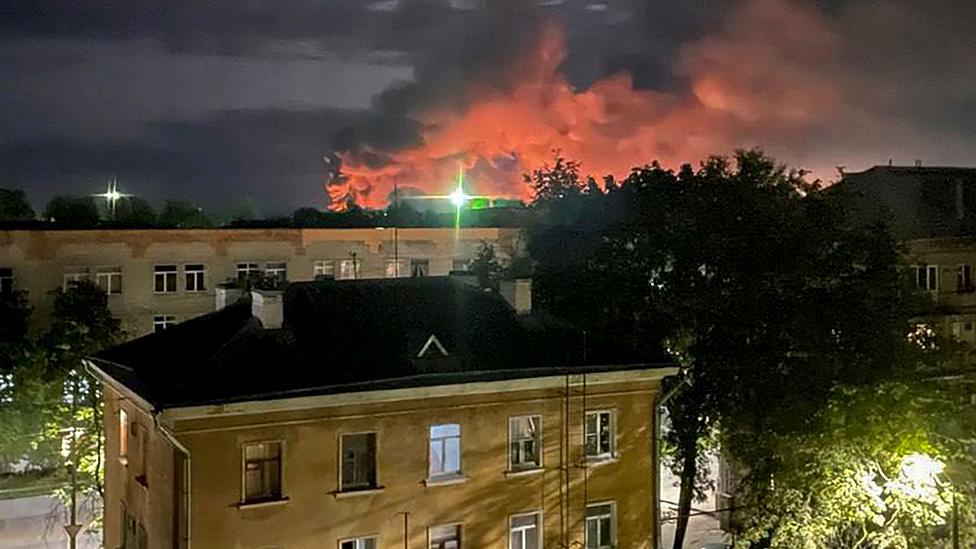
- Published30 August 2023
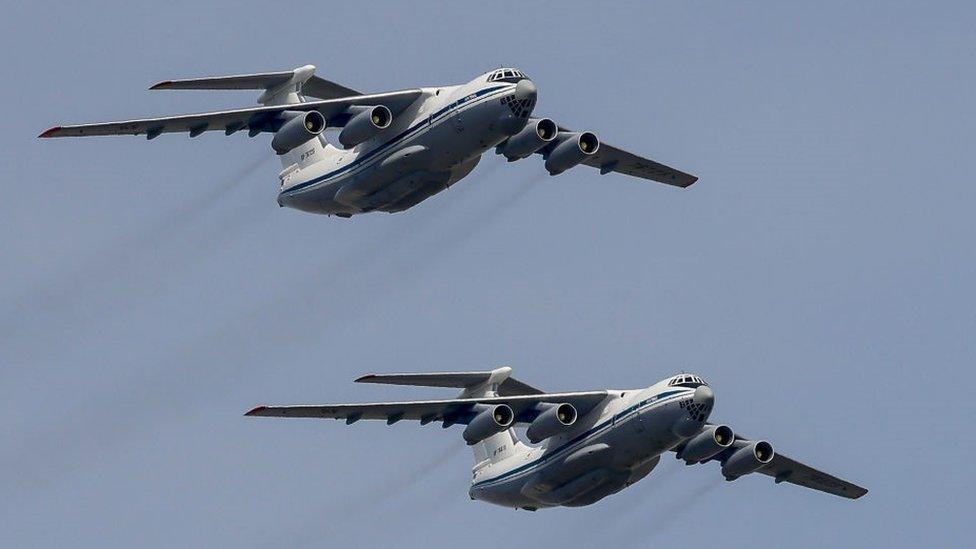
- Published30 August 2023
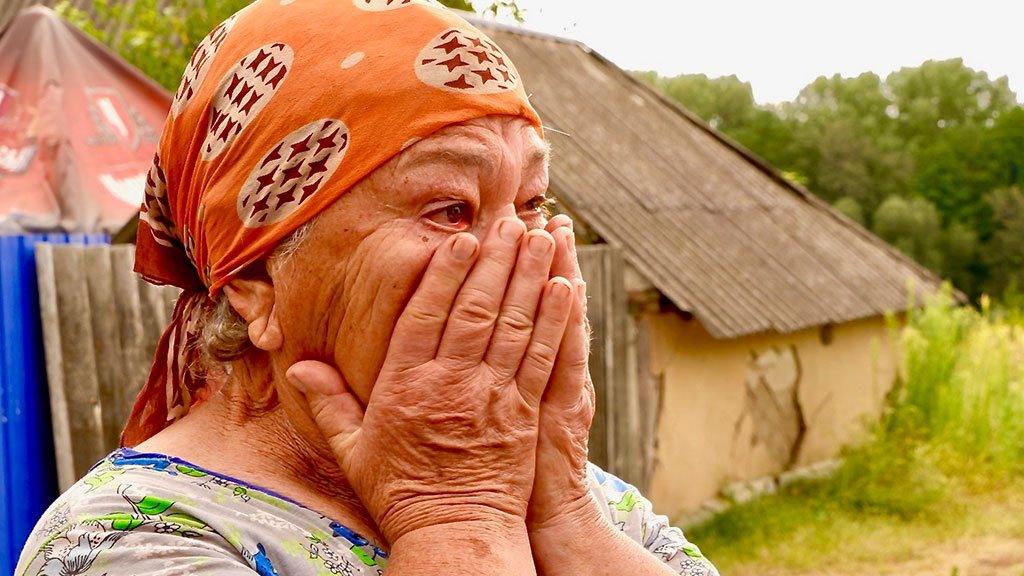
- Published1 September 2023
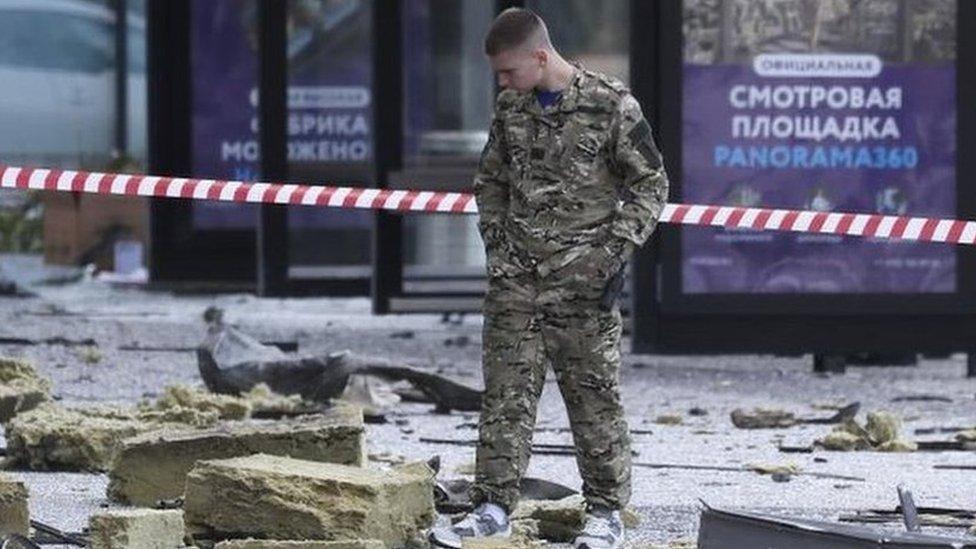
- Published22 August 2023
